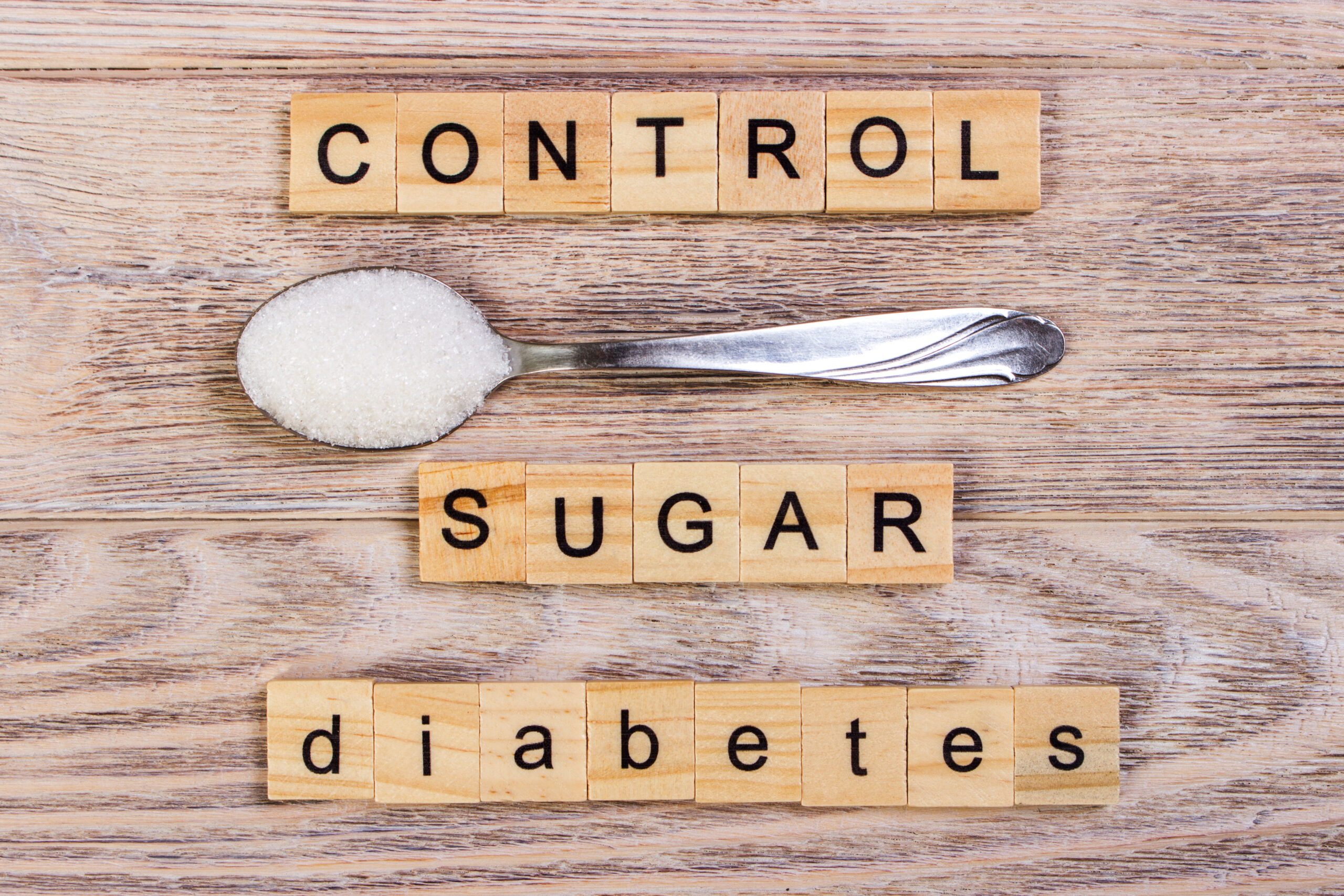Sugar addiction is a real phenomenon that affects millions of people around the world. It’s not just a matter of willpower or self-control; there are actual biological and psychological reasons why we crave sugar. In this article, we’ll explore the psychology of sugar addiction and provide tips on how to break the cycle and take control of your diet.
The Science of Sugar Addiction
When we consume sugar, our brains release dopamine, a neurotransmitter that is associated with pleasure and reward. This release of dopamine creates a feeling of pleasure, which reinforces the desire to consume more sugar. Over time, this can lead to the development of a sugar addiction.
In addition to the biological factors, there are also psychological factors that contribute to sugar addiction. For example, sugar is often used as a way to cope with stress or negative emotions. When we’re feeling stressed or down, we may turn to sugary foods to make ourselves feel better.
Breaking the Cycle of Sugar Addiction
Breaking the cycle of sugar addiction can be challenging, but it’s possible with the right strategies and mindset. Here are some tips to help you take control of your diet and overcome sugar addiction:
1. Understand Your Triggers:
Pay attention to when and why you crave sugar. Are there certain situations or emotions that trigger your cravings? Once you identify your triggers, you can work on finding healthier ways to cope with them.
2. Eliminate Temptations:
Remove sugary foods and drinks from your home and workplace. If they’re not easily accessible, you’ll be less likely to consume them.
3. Find Healthier Alternatives:
Instead of reaching for sugary snacks, try healthier alternatives such as fruit, nuts, or whole-grain crackers.
4. Practice Mindfulness:
Practice being present in the moment and pay attention to the sensations in your body. When you’re tempted to reach for sugary foods, take a deep breath and ask yourself if you’re really hungry or if it’s just a craving.
5. Seek Support:
It can be helpful to have support from others who are going through the same thing. Consider joining a support group or working with a health coach or therapist to help you stay on track.
In conclusion, sugar addiction is a real phenomenon that affects many people. Understanding the biological and psychological factors that contribute to sugar addiction can help you break the cycle and take control of your diet. By eliminating temptations, finding healthier alternatives, and seeking support, you can overcome sugar addiction and enjoy a healthier, happier life.



